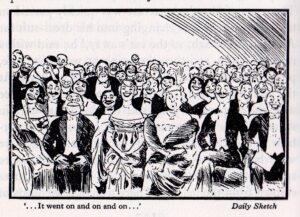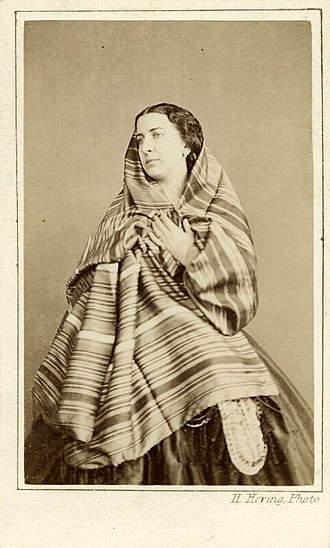By and large we writers are suffering less than most people during lockdown (unless we have small children to home-school, which is another story altogether). We are used to working from home, we are used to spending time on our own – along with our characters of course. And there are no distractions.
There are minor inconveniences of course: not being able to get out and about to libraries – the British Library in particular – or museums, galleries and theatres for inspiration, not to mention parts of London one might ordinarily want to visit, for research purposes or perhaps even for pleasure.

Small discoveries
But one of the small pleasures I have experienced of lockdown is what I call the joy of small discoveries. For example as I heard the other day, the British Museum has found mysterious cracks appearing in some of their artefacts. It turns out that without the usual thousands of daily visitors, or more precisely their breath, the air inside the museum becomes so dry it damages some of the exhibits. This is not too much of a problem for the BM as they can just turn up their humidifiers, as I imagine can the larger art galleries.
From the same source[1] I heard that when you are asked online to prove you are not a robot by annoyingly having to identify which of the eight tiny squares on your tiny screen have traffic lights or cars in them, you are contributing to research into driverless cars. I’m not quite so sure how reliable this is (and if it is why aren’t they paying us? I can’t help asking), but if it’s on BBC Radio 4 then it must be true, mustn’t it?[2]
19th century theatre
Also, and more particularly to the point for this novelist looking into theatrical history in Victorian and Edwardian times, I was surprised to see how many women played such major roles, both on stage and more particularly, off. Acting was one way a woman could earn a living in the late 19th century without causing too much of an uproar (unlike fifty years earlier when she was regarded as no better than she should be), and many of them wielded considerable power. Mrs Patrick Campbell (who features in my novel The Purpose of Prudence de Vere) not only played starring roles on stage, she also produced several plays in her own right, as did actresses Ellen Terry and Sarah Bernhardt and other less well-known women such as Gertrude Kingston and Genevieve Ward.
Messing about on stage
On a slightly more irreverent note, Mrs Pat was notorious for the pranks she got up to on stage when she was bored, such as chucking chocolates at the scenery.[3] She was not the only one. Herbert Tree, arguably the greatest actor manager ever (who features in my forthcoming novel) also played around when he got bored, by appearing on stage from the wrong place, or ad libbing (which he was prone to do anyway as he hated learning lines).
There is a marvellous book called The Truth about Pygmalion[4] about the first English production of Bernard Shaw’s play, which starred both Mrs Pat and Herbert Tree. Tree was a character actor who found it impossible to play straight roles. In rehearsals he gave Henry Higgins, on different occasions, a limp and a Scottish accent, on the grounds that every middle-aged bachelor drinks too much and has gout, and that most linguists are Scottish. It took all Shaw’s patience and self-control to get him to play without any accoutrements (and to stick to the script). Mrs Pat’s accent was so appalling it took Shaw considerable more ingenuity to teach her to speak cockney than it ever did Higgins to teach Eliza to speak posh. Then on the final week of rehearsals Mrs Pat disappeared completely and her place was taken by an understudy. She turned up out of the blue for the dress rehearsal as if nothing had happened. (She’d got married in the interim.) Meanwhile the moment the famously unromantic Shaw’s back was turned Tree added his own touch to the end of the play when he had Higgins throw a bouquet at Eliza.
The Word
Pygmalion was also famous – or notorious – for the uttering on stage, by a woman, of a Word rarely heard outside the pubs and pits; a Word that has since been superseded – and how – by others far more intentionally offensive, but which at the time caused a furore in the national press. Tree was so nervous his audience would be irredeemably shocked he tried to get Mrs Pat to cut it, but she refused. In the event it brought sustained howls of laughter in the theatre, and once word had got around about the Word the theatre was subsequently packed out night after night.[5] It even became fashionable to use it among certain societies.

How times have changed.
© Patsy Trench
January 2021
[1] ‘The Museum of Curiosity’, BBC Radio 4 https://www.bbc.co.uk/programmes/b00k3wvk [Probably not available outside the UK]
[2] I once worked years ago as a transcriber for a commercial company. One of our tasks was to transcribe verbatim verbatim – meaning including everything from ers and ums to coughs, throat clearing and any extraneous noise such as a dog barking or passing traffic – a series of apparently meaningless phone conversations between people who didn’t know one another. The point? They didn’t tell us until much later this was research into voice recognition for software.
[3] The Truth About Pygmalio, Richard Huggett
[4] By Richard Huggett, William Heinemann, London 1969
[5] The Word, in case you didn’t know, was ‘bloody’





